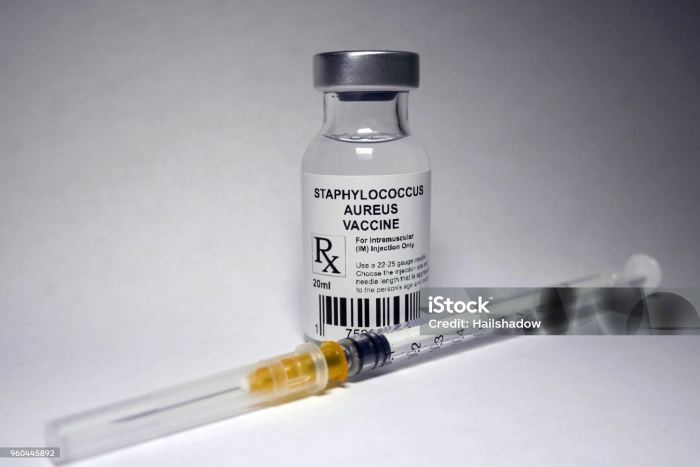FDA Identifies Quality Control Failures at Sanofi’s Genzyme Facility
The U.S. Food and Drug Administration (FDA) has issued a warning to pharmaceutical giant Sanofi regarding significant violations of Current Good Manufacturing Practice (cGMP) at its Genzyme manufacturing facility in Framingham, Massachusetts.
Contamination and Quality Control Failures
On January 15, 2025, the FDA sent a warning letter to Sanofi, highlighting major issues with the facility’s bioreactor, a critical component in the cultivation of cells and organisms for drug production. Between January 2022 and July 2024, 20% of bioreactor runs were deemed defective due to contamination or other quality control issues, a failure rate the FDA classified as “excessive.”
The regulatory body criticized Sanofi for its inadequate response to these failures, particularly its lack of thorough investigations into the root causes. Following an inspection conducted from June 12 to July 9, 2024, the FDA cited multiple violations, including:
- Failure to thoroughly investigate all critical production deviations.
- Inadequate adherence to quality and compliance measures.
- Deficiencies in reporting, evaluating, and documenting critical deviations.
Sanofi’s Response and Future Actions
Sanofi acknowledged the FDA’s findings and emphasized its commitment to addressing the concerns raised. A company spokesperson stated, “We take all inspections extremely seriously and are fully committed to working with the FDA to resolve all findings holistically, robustly, and promptly to meet the agency’s requirements and expectations.”
The company assured that despite the warning, there has been no disruption in drug manufacturing or supply.
Commentary by SuppBase Columnist Alice Winters

Sanofi’s warning letter raises significant concerns about the pharmaceutical industry’s ability to maintain consistent, high-quality manufacturing standards. The FDA’s cGMP regulations are not mere formalities; they are essential safeguards designed to ensure that pharmaceutical products are safe, effective, and free from contamination.
The rejection of 20% of bioreactor runs over a two-and-a-half-year period signals systemic issues within Sanofi’s quality control mechanisms. This is particularly alarming given that Genzyme specializes in biologics, which require stringent production conditions due to their complexity and vulnerability to contamination. The failure to properly investigate and resolve deviations not only undermines public trust but also raises red flags about the potential impact on patient safety.
Sanofi’s response—promising compliance without detailing specific corrective actions—does little to reassure regulators or the public. The company’s claim that there has been “no interruption” in drug supply may be true, but it sidesteps the larger issue: if a significant portion of production runs were deemed defective, were substandard batches ever released to the market? And if not, is there a risk of future shortages due to ongoing quality issues?
From a market perspective, this warning could have implications for Sanofi’s reputation and financial performance. Investors are likely to scrutinize how effectively the company addresses these concerns, and failure to implement robust corrective actions could lead to further regulatory scrutiny, legal challenges, or even product recalls.
For consumers, this situation underscores the importance of regulatory oversight in the pharmaceutical industry. It also serves as a reminder that even major pharmaceutical players are not immune to compliance failures. Moving forward, Sanofi must provide greater transparency about its remediation efforts and demonstrate a tangible commitment to upholding the highest manufacturing standards.



